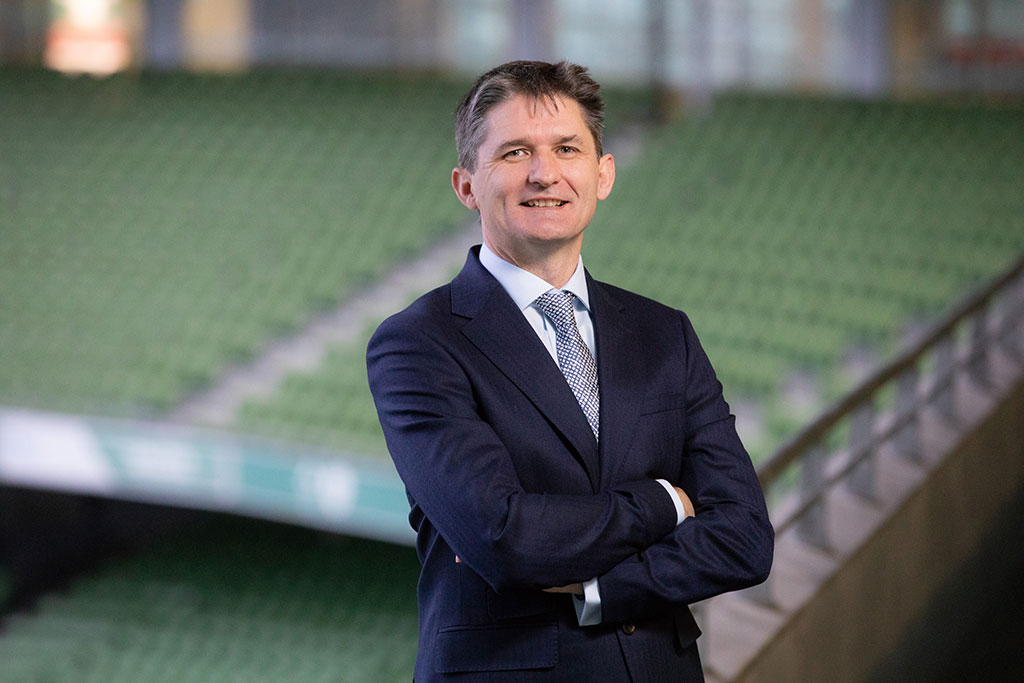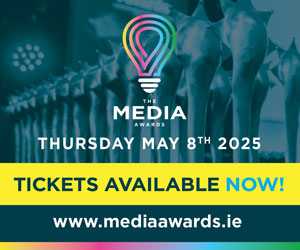
With the number of reported sponsorship deals in the Irish market down by 14% in Q1 of 2020, when compared to the same period in 2019, 1 in 2 consumers surveyed by Onside, the sponsorship consultancy, have called on brands to continue to support sport sporting and cultural events.
The latest Onside Sponsorship Market Monitor has revealed that 1 in 2 Irish adults would expect to see sponsors maintaining or increasing their support for such events while 1 in 4 felt companies in Ireland should decrease their spend this year.
According to John Trainor, founder and CEO of Onside: “The Irish public’s deep affinity toward sponsors is evidenced in the finer detail of our latest research when we compare the levels of public preference to see companies continue to support the sport and entertainment sector in Ireland versus the UK market. While the largest support in Ireland was for a ‘maintain’ or ‘increase’ approach by businesses, our survey found more calling for sponsorship spend to decrease in the UK, where 4 in 10 favor a drop in sport sponsorship investment.”
According to Trainor, just 7% of Irish adults disapproved of the way sport’s governing bodies in Ireland have acted during the Covid-19 crisis, compared with 18% in the UK, while of encouragement for organizations in the cause and non-profit space, 7 in 10 of the Irish and UK public are united in their call-out to brands to continue to maintain or increase their sponsorship support of these key bodies.
The important role that Ireland’s high-profile personalities can play in the current crisis is highlighted by the fact that 77% of Irish adults feel it is important that popular sports and entertainment personalities do what they can to support the battle against Covid-19.
One trend that both Trainor and his fellow Onside consultant and Galway hurling star Joe Canning see persisting is a “fresh, more creative use of athlete talent.”
“Global and local stars have been increasing their connection and creativity, with and without their sponsors, to social platforms as a means of staying public during their inactivity. Many have come together for greater effect, including the likes of NBA’s Stephen Curry interviewing key US infectious diseases advisor Dr Anthony Fauci, and locally the ‘unite by staying apart’ initiative supported by many of Ireland’s top sports stars.
Canning adds: “Athletes are open to working with brands as much as brands want to work with athletes through these challenging times, as long as together new ways are found to keep it interesting for people. This is the time to think outside the box and make things interesting and different.”
Looking ahead, Trainor noted that “the Irish public’s return back to sports and entertainment stadia and arenas- once a ban is lifted- will be a cautious one, with 29% of Irish adults planning to attend live sports and entertainment events as soon as possible once the ‘stay at home’ requirement is lifted. However, 43% will be holding off on making any decision for now.
The possibility of sporting events taking place behind closed doors has also split opinion, according to Trainor, with 28% in favour of this and 44% against.
“This shows the complexity of the decisions to be made by rights holders and sponsors in planning how they play out the months ahead to deliver in the right way for their loyal customers and fans,” he says.




















